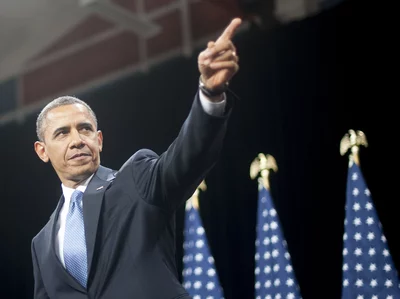On point 2: I've thought about this for a long time, and I've concluded that it's not a solvable problem. That is, there is no way to design a system of governance that can fully protect against bad-faith actors. That's because the bad faith actors will do their thing unless disciplined. But if the disciplinarian is also bad-faith, then what? A new disciplinarian? Turtles all the way down.
Checks and balances are all well and good, but they are not steady state solutions. They might be able to work in circumstances in which the checks are perfectly balanced, but that's unlikely. The history of checks and balances in the U.S. is basically, "the Supreme Court is the check to rule them all." And so long as the Supreme Court is filled with more or less good-faith actors, it can fulfill that role. But of course, the bad-faith actors eventually realize the Supreme Court is the weakness. Put bad-faith actors there and then checks and balances are done. Which has happened a couple of times in history.
This is why the idea of court packing should not be a negative. It is literally the only way in our system for the political branches to be a check/balance on the Supreme Court. But it's not necessarily an effective strategy. It will just make the bad faith people work harder. One way is for them to do what you say: refuse to confirm any Justice who won't be aligned with their bad faith.
On point 1: Early exits could be addressed with a reshuffling. If Thomas' seat is about to expire in 2025, but Roberts dies in 2024, then Roberts' seat would be filled and everyone would get pushed back by two years. Thomas would get to survive until 2027. This is not 100% perfect but it's pretty good and it pales in comparison to the other problems.


